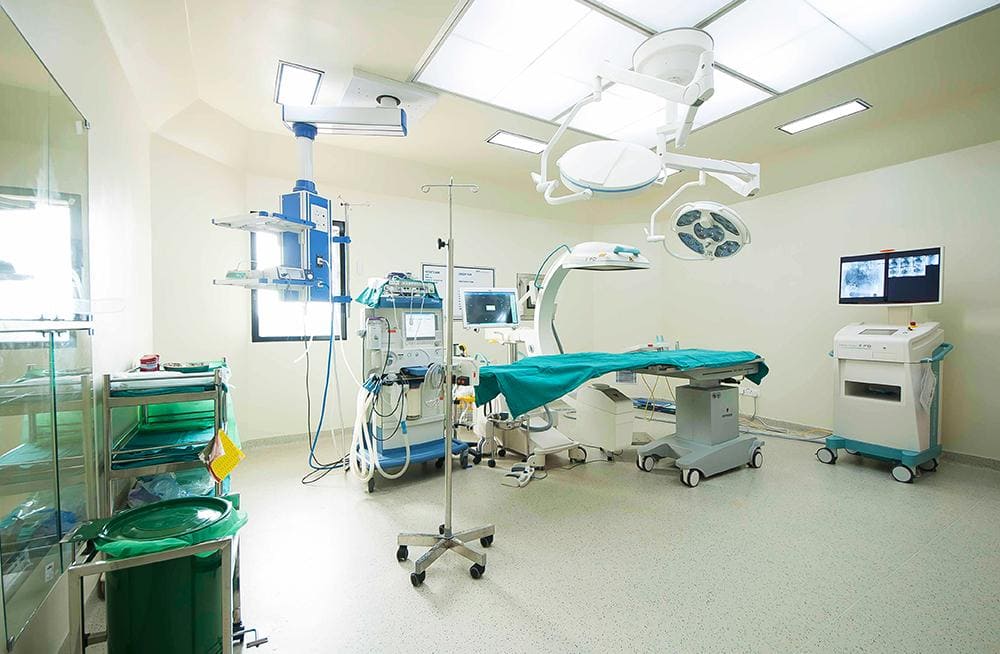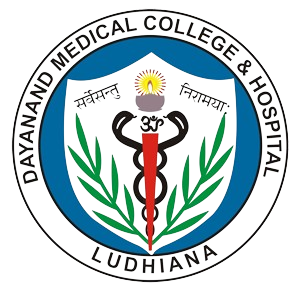
Surgery for conditions affecting the esophagus, stomach, intestines, liver, pancreas, and gallbladder is the specialty of gastroenterological (G.E.) surgery. It treats a variety of ailments, including gallstones, ulcers, hernias, colorectal cancer, GERD, and inflammatory bowel disorders like Crohn's disease and ulcerative colitis. To properly diagnose and treat these conditions, G.E. surgeons employ cutting-edge methods.
Both conventional open procedures and minimally invasive methods like robotic-assisted surgery and laparoscopy are used in modern G.E. surgery. By lowering pain, scarring, and recovery time, minimally invasive techniques have transformed gastrointestinal surgery and enabled patients to return to their regular activities sooner. Appendectomy, cholecystectomy (removal of the gallbladder), bariatric surgery (weight loss), and colectomy (colorectal diseases) are common procedures.
G.E. surgery keeps developing as a result of continuous improvements in medical technology, providing safer and more efficient treatments. Preventing severe gastrointestinal disorders requires early diagnosis, appropriate medical care, and lifestyle changes. G.E. surgery improves digestive health and patients' overall quality of life by fusing cutting-edge techniques with surgical expertise.

DR. SATPAL SINGH
Professor & Head
 G.E. Surgery, Surgical Superspecialties
G.E. Surgery, Surgical Superspecialties
 MBBS, MS (Surgery), M.Ch (Gastro Surgery)
MBBS, MS (Surgery), M.Ch (Gastro Surgery)
 MCI-12170
MCI-12170
About Doctor
-- Read More







